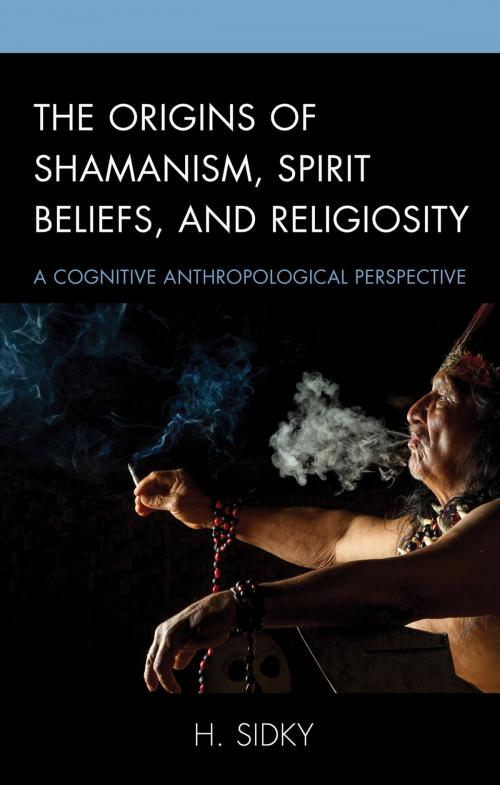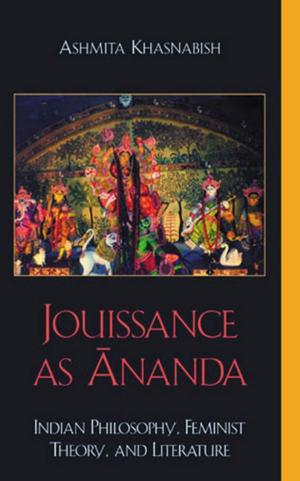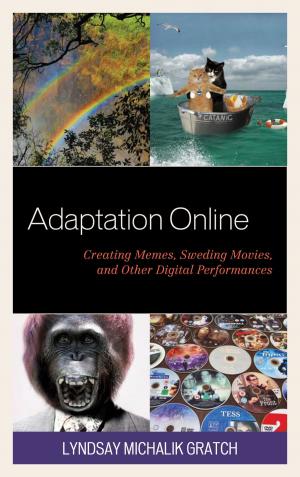The Origins of Shamanism, Spirit Beliefs, and Religiosity
A Cognitive Anthropological Perspective
Nonfiction, Religion & Spirituality, Reference, Comparative Religion, Social & Cultural Studies, Social Science, Anthropology, Health & Well Being, Psychology| Author: | H. Sidky | ISBN: | 9781498551908 |
| Publisher: | Lexington Books | Publication: | June 21, 2017 |
| Imprint: | Lexington Books | Language: | English |
| Author: | H. Sidky |
| ISBN: | 9781498551908 |
| Publisher: | Lexington Books |
| Publication: | June 21, 2017 |
| Imprint: | Lexington Books |
| Language: | English |
In The Origins of Shamanism, Spirit Beliefs, and Religiosity: A Cognitive Anthropological Perspective, H. Sidky examines shamanism as an ancient magico-religious, divinatory, medical, and psychotherapeutic tradition found in various parts of the world. Sidky uses first-hand ethnographic fieldwork and scientific theoretical work in archaeology, cognitive and evolutionary psychology, and neurotheology to explore the origins of shamanism, spirit beliefs, the evolution of human consciousness, and the origins of ritual behavior and religiosity.. He specifically addresses a set of related questions with which scholars of shamanism in various fields have been struggling for generations: What is shamanism as a pan-human phenomenon? When and why did shamanism first arise? What are the relationships between shamanism, human cognition, and altered states of consciousness? Why have people across space and time needed shamans or specialists in spirits and ghosts? Why have shamanistic traditions persisted over time? The objective of this study is to further our understanding of spirit beliefs, the evolution of human consciousness, the origins of ritual behavior and religiosity, and the various aspects of the beliefs and practices called shamanism.
In The Origins of Shamanism, Spirit Beliefs, and Religiosity: A Cognitive Anthropological Perspective, H. Sidky examines shamanism as an ancient magico-religious, divinatory, medical, and psychotherapeutic tradition found in various parts of the world. Sidky uses first-hand ethnographic fieldwork and scientific theoretical work in archaeology, cognitive and evolutionary psychology, and neurotheology to explore the origins of shamanism, spirit beliefs, the evolution of human consciousness, and the origins of ritual behavior and religiosity.. He specifically addresses a set of related questions with which scholars of shamanism in various fields have been struggling for generations: What is shamanism as a pan-human phenomenon? When and why did shamanism first arise? What are the relationships between shamanism, human cognition, and altered states of consciousness? Why have people across space and time needed shamans or specialists in spirits and ghosts? Why have shamanistic traditions persisted over time? The objective of this study is to further our understanding of spirit beliefs, the evolution of human consciousness, the origins of ritual behavior and religiosity, and the various aspects of the beliefs and practices called shamanism.















